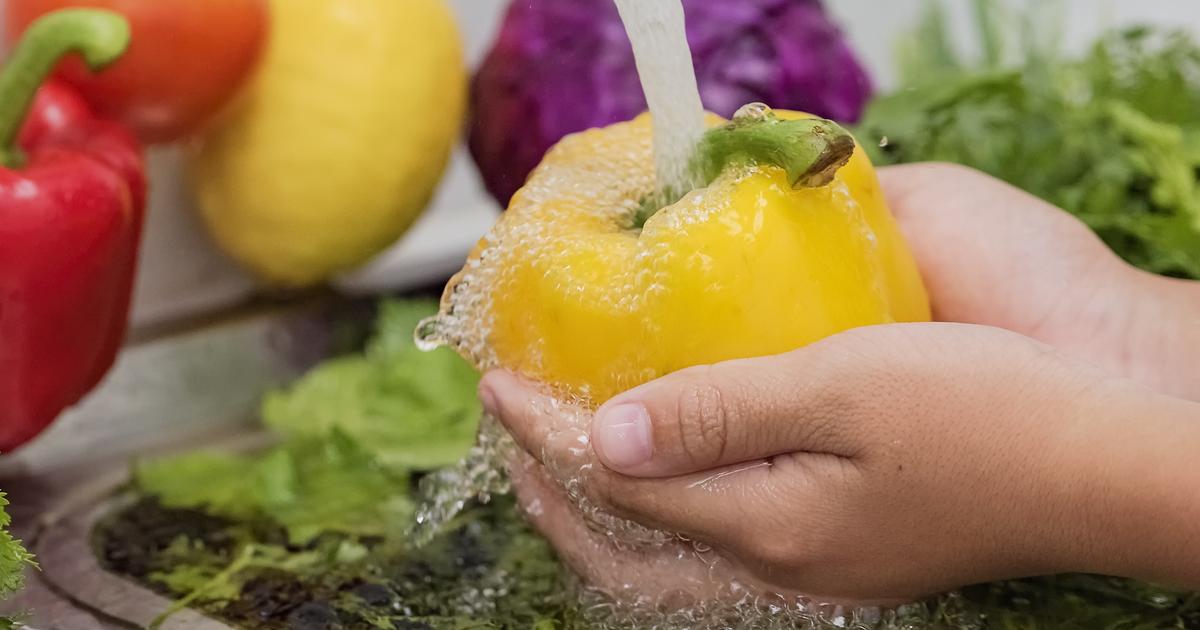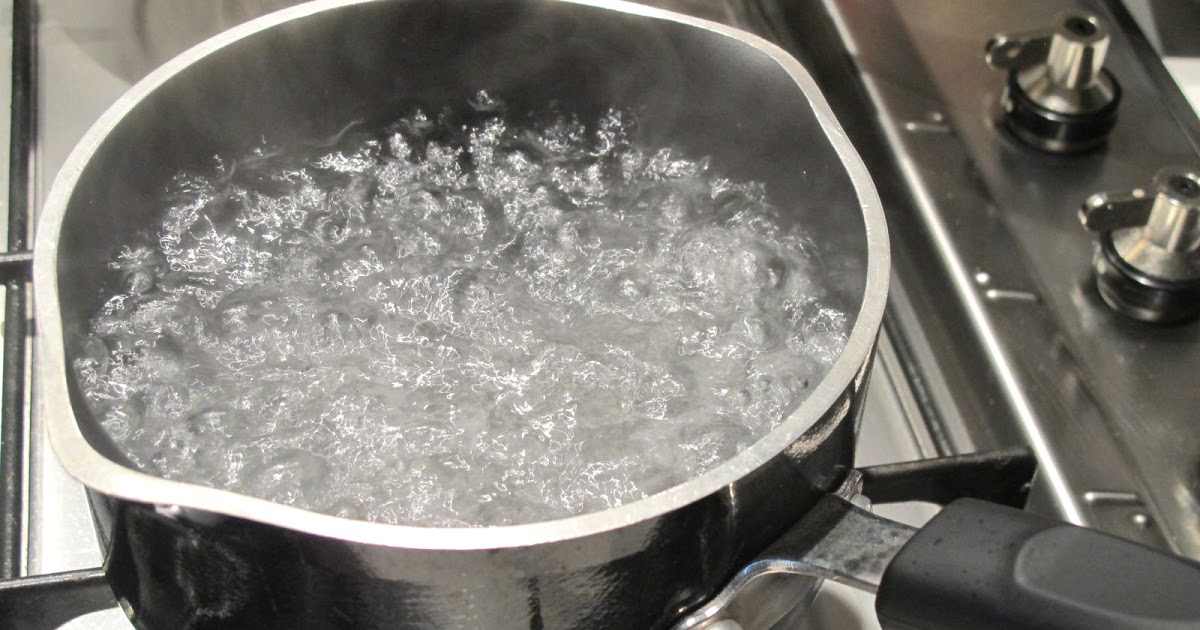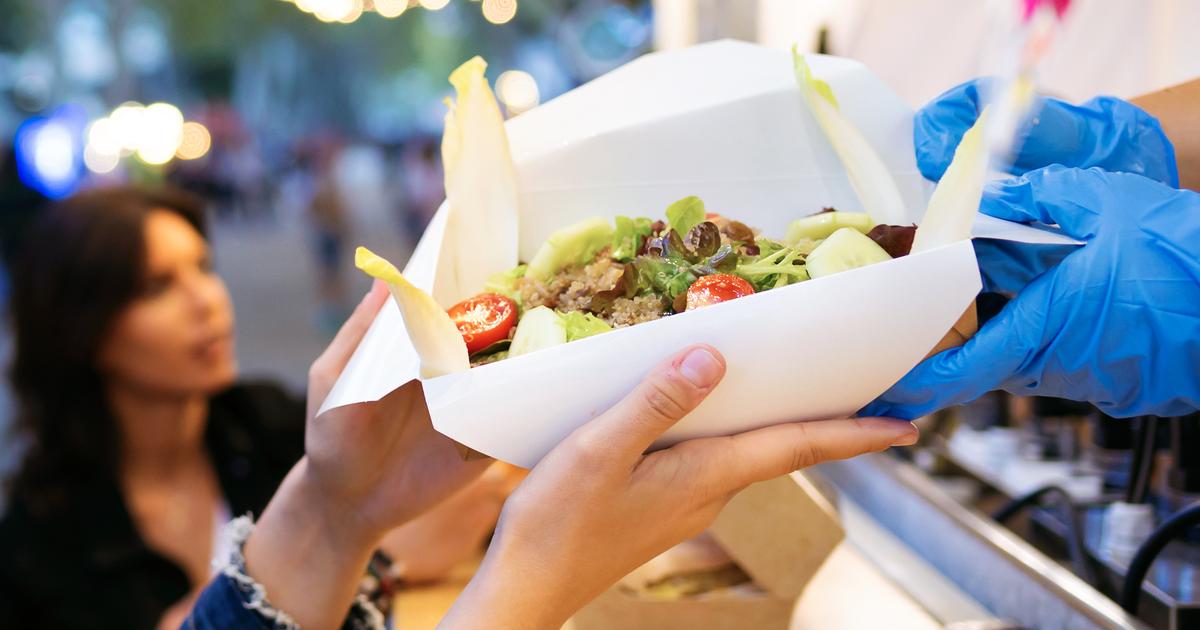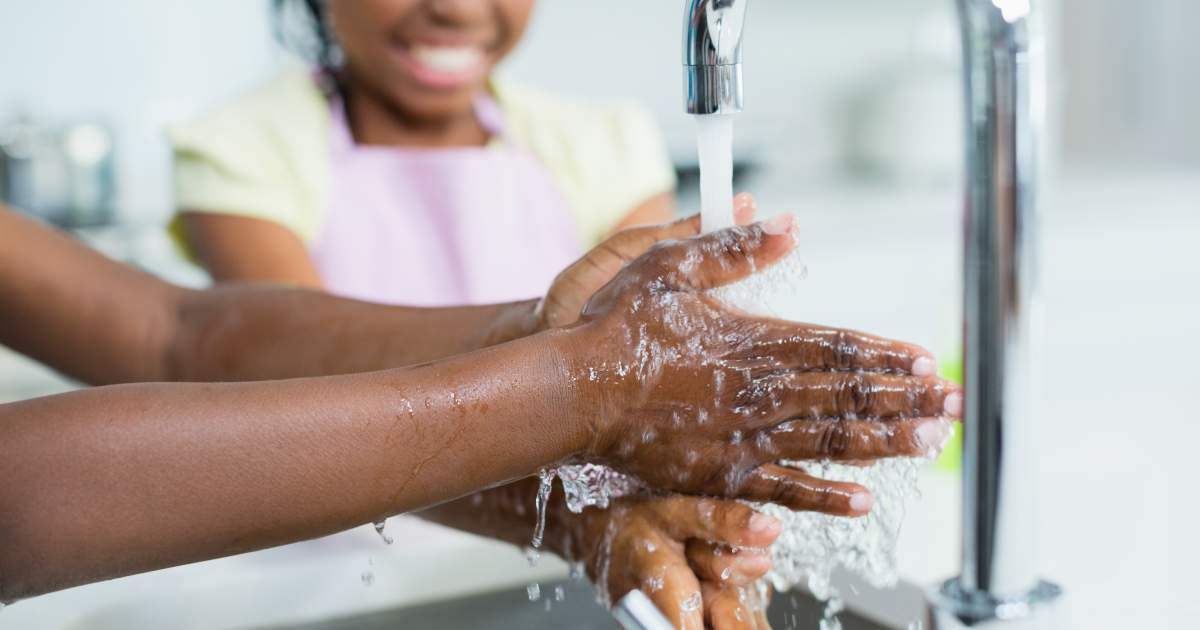Ways To Prevent Amebiasis
Amebiasis is an illness caused by an infection with a parasite known as Entamoeba histolytica, a type of amoeba. Although anyone can develop this condition, it is most often seen in tropical parts of the world and is especially common in areas with poor sanitation. Also referred to as amoebic dysentery, the condition results in symptoms such as stomach cramps and diarrhea. For most individuals, symptoms tend to be mild. However, some patients may experience more severe symptoms, including blood in the stool, fatigue, fever, unintended weight loss, and appetite loss. Liver abscesses may develop in rare instances. To treat this disease, doctors often use a combination of antibiotics and anti-parasitic medication. Patients may also need to have oral rehydration therapy to replace fluids lost due to diarrhea.
The methods outlined below are helpful in preventing amebiasis.
Wash Fruits And Vegetables Before Consumption

Fruits and vegetables may have harmful bacteria on them that can cause illnesses like amebiasis. For this reason, researchers recommend patients wash fruits and vegetables before consumption. This can be done simply by washing produce with water. Some individuals like to use soap or a specially formulated cleanser designed for produce for added protection. While choosing organic produce cuts down on pesticide exposure, it does not prevent foodborne infections from bacteria or parasites. When traveling, it is recommended that pre-cut fruits and vegetables are avoided, and patients are advised to only consume produce with a thick peel. For patients who have chronic health conditions, doctors recommend avoiding raw produce entirely while traveling to regions where amebiasis is prevalent.
Reveal more methods of preventing amebiasis now.
Avoid Unpasteurized Dairy Products

In the United States and many other countries, dairy products are pasteurized to kill parasites and other infection-causing germs such as E. coli, listeria, and salmonella. Pasteurization involves heating dairy products for a short time to kill harmful bacteria. Raw milk and other unpasteurized dairy products are often promoted as a way to boost health, but researchers and clinicians routinely advise that everyone avoid unpasteurized dairy products due to the high risk of illness. In particular, pregnant women, children, the elderly, and individuals with chronic health conditions such as cancer and diabetes face an especially high risk of complications from the consumption of unpasteurized products. Diarrhea, vomiting, and stomach cramps are all likely to occur after eating these products, and some patients have died due to infections contracted from this form of dairy. Patients who have consumed unpasteurized food or drink should monitor themselves for symptoms and visit the doctor urgently if they develop diarrhea or other side effects. While traveling in foreign countries, patients are urged to be very cautious about consuming dairy products. Out of an abundance of caution, patients with compromised immune systems may wish to avoid dairy products entirely during foreign trips. These products can be easily replaced with non-dairy alternatives such as rice milk or almond milk.
Get the details on more ways to prevent amebiasis now.
Boil Or Treat Nonbottled Water With Iodine

While traveling to tropical regions, individuals are advised to boil or treat nonbottled water with iodine. This ensures it is safe to drink. Generally, it is necessary to boil untreated water for at least two minutes, and this can be done in a kettle or on a stove. In addition to iodine, water can be disinfected using chlorine. Since the disinfection process can take time and skill, it may be best for novices or first-time travelers to tropical regions to avoid drinking any water that is not bottled. Individuals may also need to avoid ice and fountain drinks, as these could potentially be made with untreated water. Travelers with health concerns may wish to opt for drinks in cans, and hot drinks like tea and coffee are typically safe. Wine, beer, and other alcoholic beverages are also safe to consume, although visitors should have these without ice.
Learn more about how to effectively prevent amebiasis now.
Avoid Eating Street Food

Visitors to foreign countries are typically advised to avoid eating street food. While many street vendors may follow safe practices, it can be very difficult to know for certain. At the very least, food served from trucks or street stalls may not have been properly refrigerated or heated, and it may be left out at room temperature for longer than is safe, allowing it to become a breeding ground for bacteria. Experts recommend that visitors who want to sample local cuisine only do so in restaurants. Individuals who understand the risks and wish to try street food should make sure they watch the preparation of their meal, ensuring it is thoroughly cooked and served steaming hot. If eating street food, the meal should be consumed immediately and not saved as leftovers for another meal or day. Patients should be particularly vigilant for symptoms of food poisoning or potential amebiasis in the hours and days following ingestion of street food. They may wish to make a note of what they ate and when it was consumed. Medical care should be sought if stomach cramps or other digestive concerns develop, especially as these do not typically go away on their own.
Discover more options for preventing amebiasis now.
Proper Personal Hygiene

Practicing proper personal hygiene is one of the most important steps patients can take to protect themselves from foodborne illnesses and infections like amebiasis. In general, proper personal hygiene consists of washing the hands frequently and effectively. Hands should be washed before and after every meal, and patients should also wash their hands after going to the bathroom. For proper handwashing, patients should rinse their hands under running water for at least twenty seconds, and they should rub soap on the front and back of each hand. In particular, care should be taken to wash between the fingers and underneath each fingernail. For extra protection, some patients may wish to combine this with the use of an alcohol-based hand sanitizer. In addition to handwashing, patients should take care to avoid touching their eyes, nose, and mouth as much as possible.